If you need to replace your current conditioning system with a heat pump before the cold season sets in, you may be wondering how long it will take. We have consulted with the experts and provided you with the following answer.
It normally takes a few hours to several days to install a heat pump, although several factors will affect its installation time. These factors include:
- Size of your home
- Type of pump you will be installing
- The location of your heat pump
Keep reading as we unfold how the above factors affect the installation time of a heat pump, the time it takes to install different types of heat pumps, the ease or difficulty of heat pump installations, and the costs to install one.
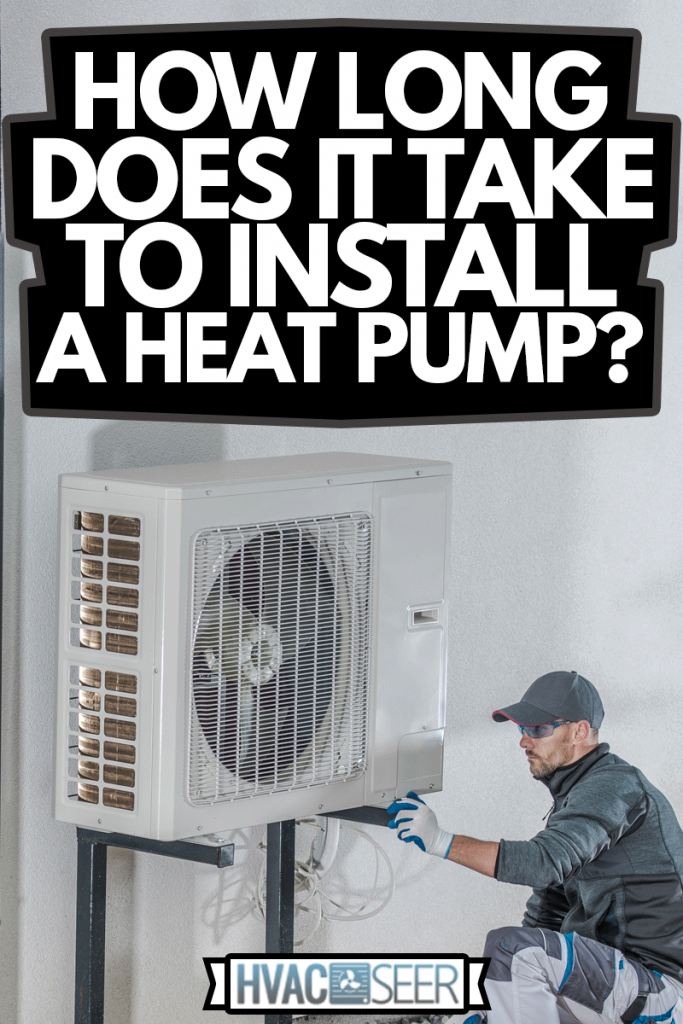
Installation Duration For Different Heat Pumps
The installation time of a heat pump can take a few hours to several days, depending on the following factors:
Size Of Your Home
It will take more time to install heat pumps in large homes and less time in smaller ones.
Small Homes
If you live in a condo or apartment, you definitely will not need a large and intricate geothermal heat pump or a heat pump that needs ducts to work.
For a small space like this one, a mini-split or ductless heat pump is more suitable and does not require much to install. It can take relatively between 3 to 4 hours to install.
As long as you have sufficient space in your balcony, connecting these heat pumps only requires a tiny hole in the wall to be used as a conduit.
One heat pump can sufficiently heat at least 70% of the main level of a single floor or bungalow home, provided the indoor unit is strategically located, like in the hallway. With one heat pump, the installation will be relatively fast.
Large Homes
You may need to install bigger more complicated heat pumps, and more than one, if your home is large, meaning more time may be required.
Water and geothermal heat pumps are complex and more time-consuming to install. And even though air-source heat pumps are much easier to install, one may not be enough for space with larger square footage.
A double or two-story house may not be adequately conditioned by only one heat pump and may need a system that can provide more heat to the home like the single-zone heating unit. This involves fixing each space or room in the home with one outdoor and indoor heat pump. Ideally, this may require more time to install.
Type Of Pump You Will Be Installing
An air-source heat pump is generally easier and faster to install than a water-source or ground-source heat pump. Let’s find out how much time it would relatively take for each:
Air-source Heat Pump
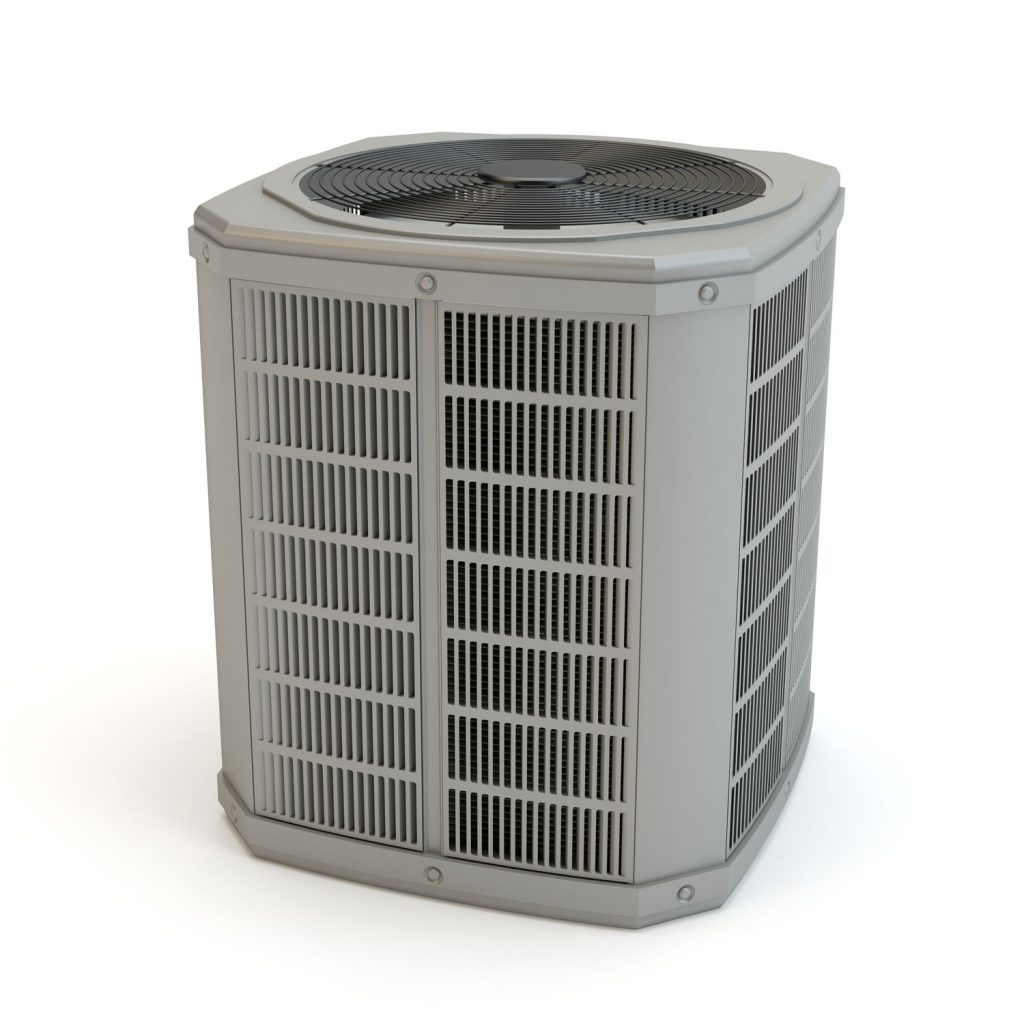
An air-source heat pump works by absorbing heat from the air outside and then distributing it to your heating system such as the heating under your floor. The remaining heat can be used to heat water in the hot water cylinder that can be used for baths or showers.
Plumbing is the first step to installing the pump, which normally takes between 3 to 5 days. An electrician then takes over to fix the electrical wiring and set the system, which takes around 3 days to complete. Finally, the homeowners have to be trained on how to effectively use the system. Overall, it will take about 2 weeks to complete the whole project.
Ground-source Heat Pump
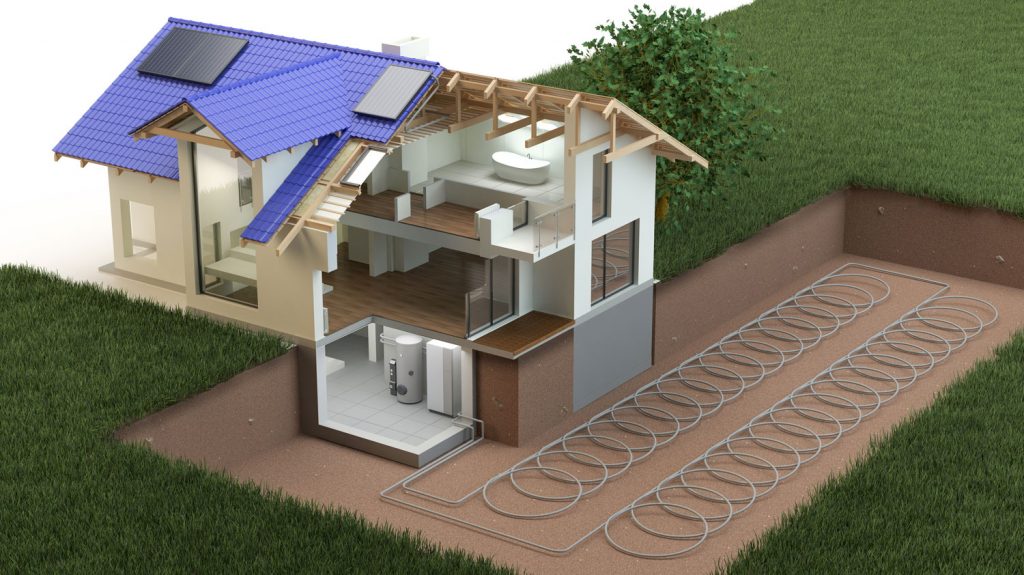
The ground generally stores heat despite the weather outside. This heat is extracted by the ground-source heat pump and transferred to your home by tubes that are fixed underground.
It’s more complex installing this pump and hence will take longer than the air-source or water-source because of the groundwork involved that takes between 6 to 9 months. This is normally done before the actual installation.
Water-source Heat Pump
This type of pump absorbs energy from a water source like a river, pond, or lake through pipework submerged under the water. It works more or less like a ground-source heat pump.
The installation process does not take up much time like the ground-heat system because there is no need to dig up the ground to install the pipework. However, it will take more time to install it than an air-source heat pump because it does involve more.
Location Of Your Heat Pump
The location of your heat pump does determine how long it will take to install. An air-source heat pump gets its heat from the air around and is normally installed close to the house. It’s fairly easy to fix and will take a short time to install.
However, as indicated above, it is more sophisticated and will take longer to install the water-source and ground-source heat pumps. A water source heat pump will need pipes from a water source to transfer heat to the heating system inside the house.
Ground-source heat pumps need even more time because digging is involved to position the piping underground.
Is It Difficult To Install A Heat Pump?
A heat pump is not one of those DIY projects. Unless you have the skills to handle the plumbing or electrical wiring, do not attempt to carry out the project by yourself. You are better off leaving it to the professionals who will then train you on how to use it.
The water source and ground source are projects that require appropriate planning and may need a team of more than one professional to install them.
The components of the heat pumps are too many to handle the installation yourself. A certified professional that fully understands all the parts of a heat pump and how the system works is the best person to fix it for you.
How Do You Install A Heat Pump?
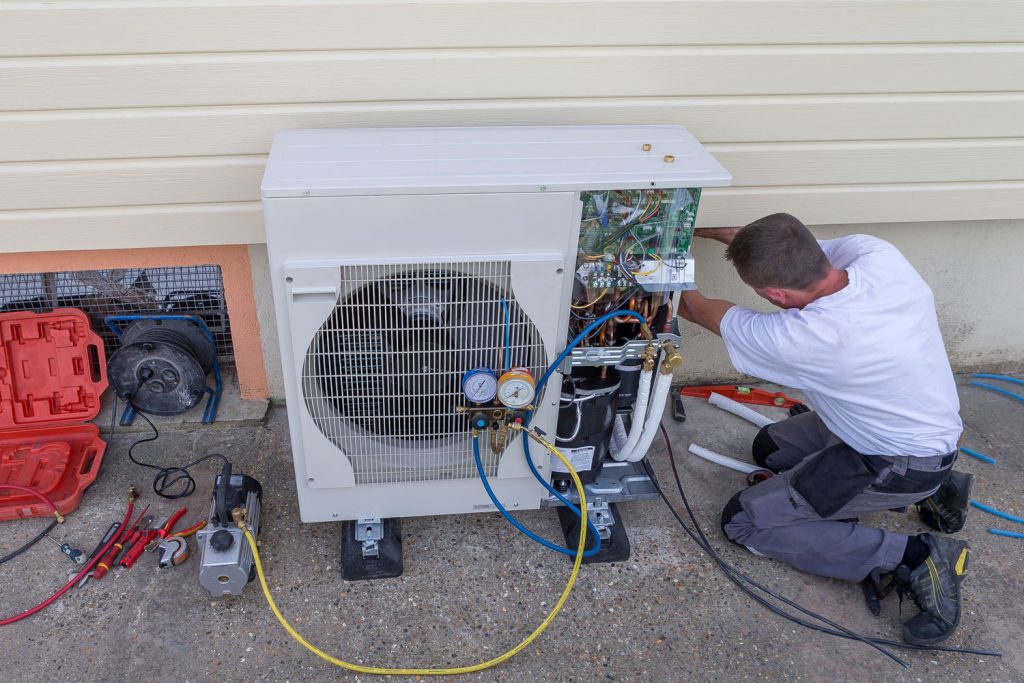
As earlier reiterated, if you do not have the skills to install a heat pump, it is recommended that you hire the services of a professional.
The installation processes are different for all three types of heat pumps. However, for any of the heating systems to efficiently work in your home, you need to consider the following factors:
- Your heat pump will work efficiently if your home is properly insulated. If there are no air leaks, your pump does not have to work harder than it should, thus preventing high energy bills.
- Consult with a professional to ensure that the heat pump is properly sized so that it functions optimally, providing sufficient conditioning in your home.
- The type of pump you use will depend on the location of your home and your budget. For example, if you are near a water source, then a water-source heat pump may be the most suitable for you. If you have a lot of land around your home, then a ground source will be the best option for you.
How Much Does It Cost To Install A Heat Pump?
To complete the installation of an air-source heat pump will cost between $4,500 and $8,000. Top brands with a capacity of 5 tons may end being more than $10,000.
A ductless mini-split heat pump may be one of the cheapest to install with the lowest price being around $2,000 but could go as high as $14,500 depending on its size.
Geothermal pumps are probably the most expensive ranging from $6,000 to $20,000, sometimes costing more than $30,000. Despite the high costs of these pumps, they can last at least 50 years.
In Closing
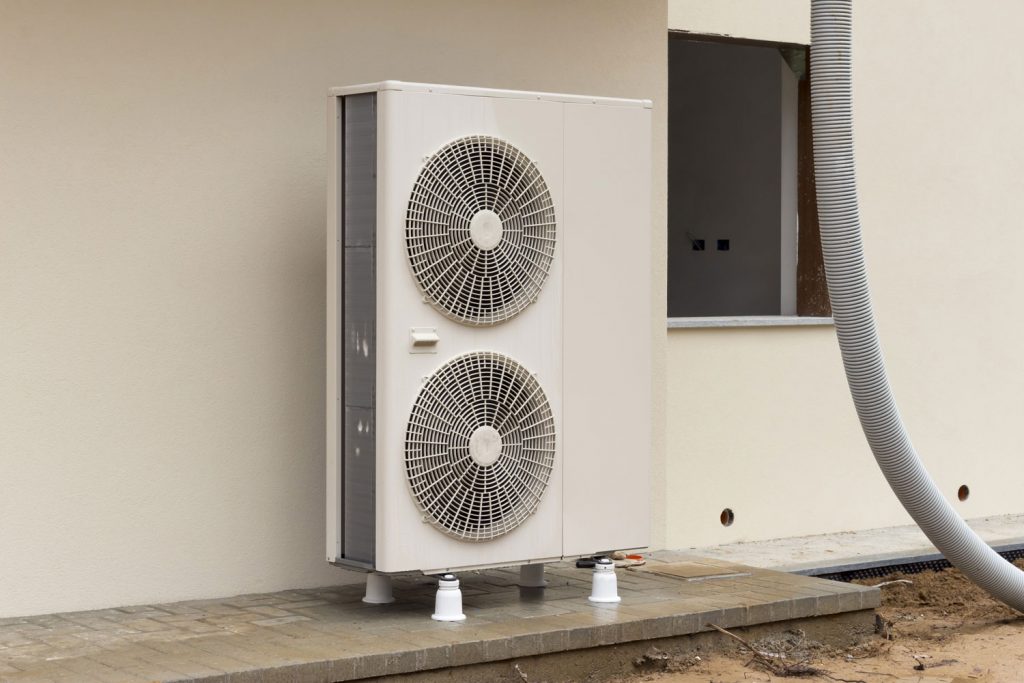
It takes different time duration for different heat pumps. The air-source heat pump, which is less elaborate, takes a shorter time to install than the water and ground source heat pumps that are a little more sophisticated.
With several factors to take into consideration when choosing the most appropriate heat pump for your home, they are not very easy projects to handle and more often than not require a professional to do it for you.
Also, the costs vary as per the type of heat pump, with the ground source pump being the most expensive to install.
Take a look at our previous posts and gain more insight on the three types of heat pumps and the size of heat pump most suitable for your home:
